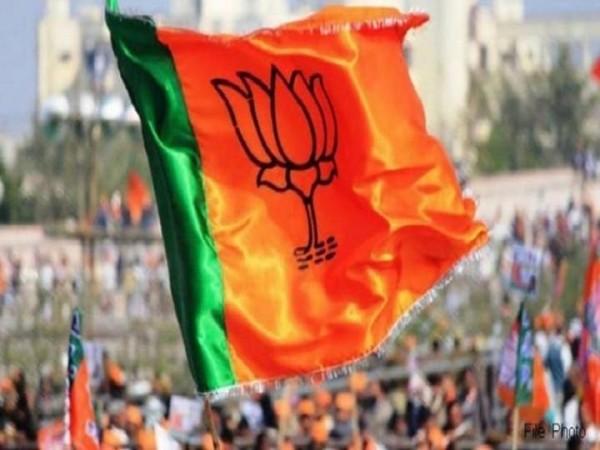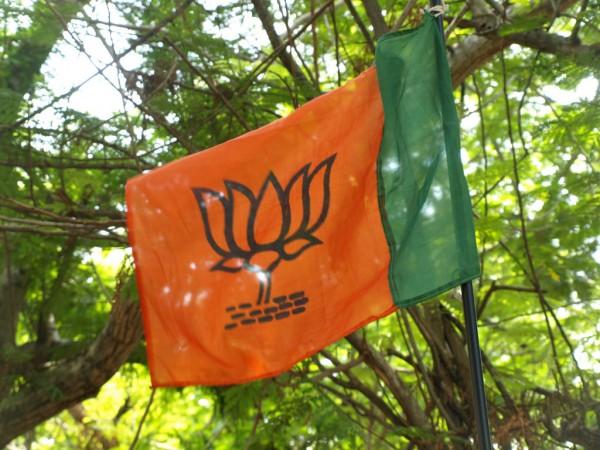
In the aftermath of their victory in the Madhya Pradesh assembly elections, the Bharatiya Janata Party (BJP) has promptly turned its attention to the forthcoming Lok Sabha elections. The party's ambitious "Mission-29" aims to secure all 29 Lok Sabha seats in the state, a feat that would mark a significant political milestone.
In the 2019 Lok Sabha elections, the BJP nearly swept the board, winning 28 seats, leaving only the Chhindwara seat to the Congress, represented by Nakul Nath. However, the BJP is now setting its sights on this remaining seat, making their mission clear: to win all 29 seats in the state.
Decoding BJP strategy
The BJP's strategy in the assembly elections saw seven MPs, including three former Union ministers, contesting. Five of these candidates emerged victorious, while two suffered defeat. This has created a need for new faces to replace those who have transitioned from MPs to MLAs.
The party now faces the challenge of selecting suitable candidates for these seven vacated seats. Among the former BJP MPs who contested in the assembly polls were Narendra Singh Tomar from Morena, a Kshatriya-dominated area, and Prahlad Singh Patel from Damoh, an OBC-dominated locality. Rakesh Singh represented Jabalpur, a general category-dominated parliamentary constituency, while Riti Pathak was an MP from Sidhi, a Brahmin class-dominated Lok Sabha constituency. Uday Pratap Singh represented Hoshangabad, another general class-dominated parliamentary seat.

The two former MPs who faced defeat in the assembly polls were Ganesh Singh and Faggan Singh Kulaste. Ganesh Singh represented Satna, an OBC class-dominated parliamentary constituency, while Kulaste was an MP from Mandla, a Lok Sabha seat dominated by the tribal class. The party now faces a conundrum. If the MPs who lost the assembly polls are given another chance, it could send a mixed message to the public.
To address this, the party is assessing the capability of workers belonging to the OBC category in Satna and the tribal category in Mandla. Political analysts believe that the BJP will not only have to find candidates for the seats vacated by the former MPs but also focus on changing the faces in places where the party lost. Satna and Mandla are those parliamentary constituencies where the party will have to devise an effective strategy. This situation is reminiscent of the 2004 Lok Sabha elections when the BJP launched a similar mission in Rajasthan after a sweeping victory in the state assembly elections. However, the party could only secure 21 out of the 25 Lok Sabha seats. The lessons from this historical event could provide valuable insights for the BJP's current Mission-29.
In conclusion, the BJP's strategic focus on the seven vacated Lok Sabha seats is a clear indication of the party's determination to strengthen its political foothold in Madhya Pradesh. However, the success of Mission-29 will depend on the party's ability to select strong candidates, devise effective strategies, and resonate with voters across all constituencies. As the political landscape in Madhya Pradesh continues to evolve, the upcoming Lok Sabha elections promise to be a keenly watched event.

















